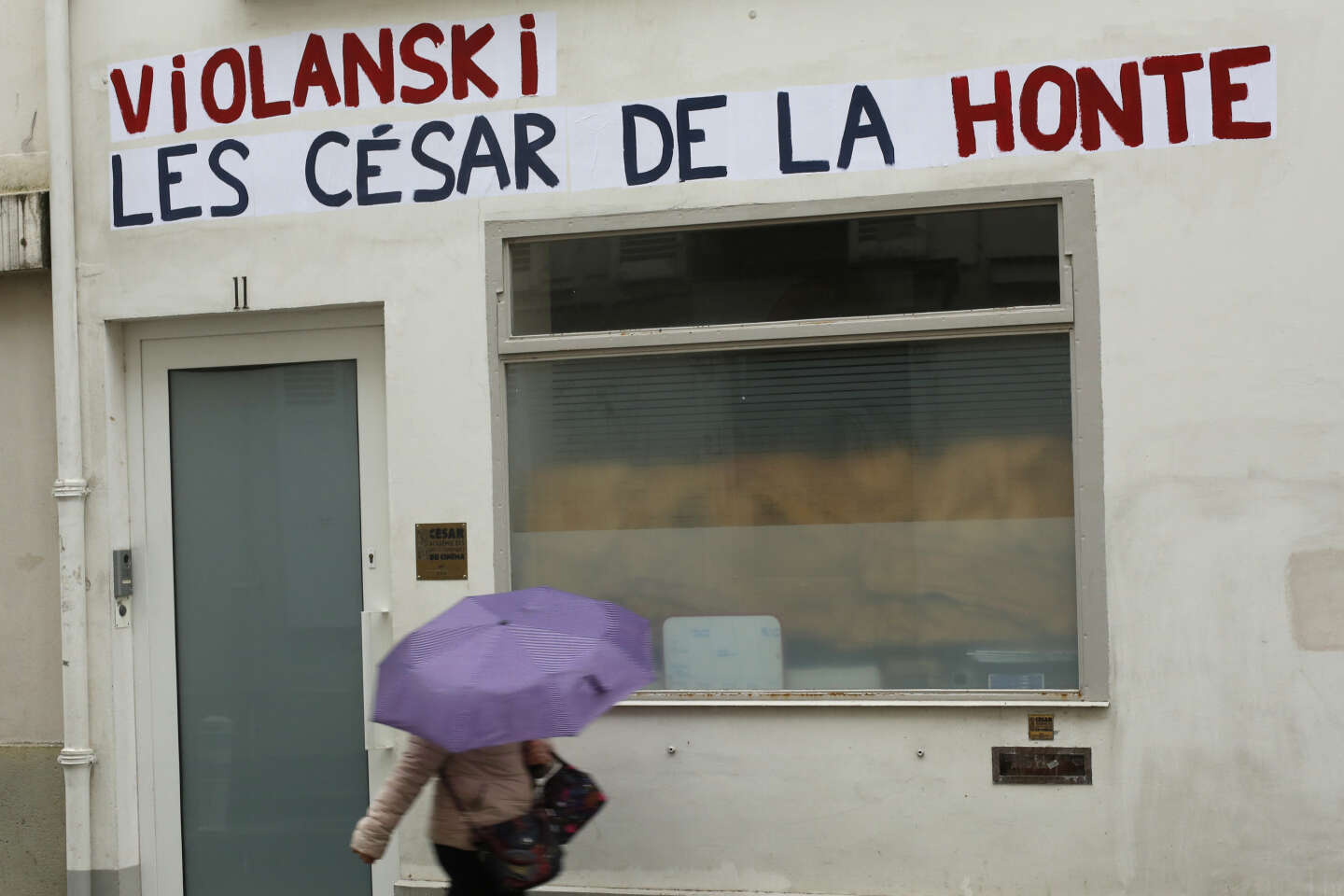In just a few years, there has been an astonishing shift. There are no longer many people who say that the man and the artist should be separated. There are few who would invoke the presumption of innocence. An artist accused of sexual violence is no longer an artist: He is silenced, erased. Too slow and impotent in the face of evidence that has vanished, the trial stage has also been dropped, with suspicion becoming guilt. The rare voices of dissent are inaudible. Wajdi Mouawad, director of the Théâtre de la Colline in Paris, who in 2021 said he refused to supersede justice in order, to justify the minor contribution of singer Bertrand Cantat [lead singer of band Noir Désir, who was released on parole in 2007 after serving half of his sentence for the murder of his girlfriend, Marie Trintignant, in 2003] to a show, has been called sexist.
Times are changing, and so are the French. According to an OpinionWay poll published in daily newspaper La Tribune on February 18, half of the people surveyed believe that a filmmaker or actor accused of sexual assault should be “banned from working before being tried and convicted.” And 67% consider it “progress” that a “public figure” should not return to work after serving his or her sentence. Younger people are the most uncompromising.
This poll reveals an alliance of convenience between a progressive youth, buoyed by the #MeToo wave, fighting against conservatism in the arts, and a very right-wing public opinion, eager to see figures from the left-wing cultural elite fall. Moreover, in the same poll, Marine Le Pen is considered to be the political figure who best defends women.
Slow legal system
The César awards are also bypassing justice this year, at the ceremony at the Olympia venue in Paris, on Friday, February 23, by imposing the “non-highlighting” of cinema figures awaiting trial. So what’s the point of justice if a complaint that is dismissed (French theater director Jean-Pierre Baro) or a sentence that has been served (Bertrand Cantat) doesn’t get you out of purgatory? Only an extended amount of time or death enable a return. And even then, it would be risky to organize an exhibition of the works of Gauguin, unwanted for having had sexual relations with young Tahitian girls.
To compensate for how slow of the legal system can be, some have thought of a regulatory body of artists along the lines of that for doctors – but this is no longer on the agenda. Punishment is the result of the actions of a multitude of influential stakeholders with diverse interests including victims, the media, activists, social media, intermediary bodies (producers, managers of cultural venues), cultural figures, the culture ministry and the public.
You have 57.53% of this article left to read. The rest is for subscribers only.







